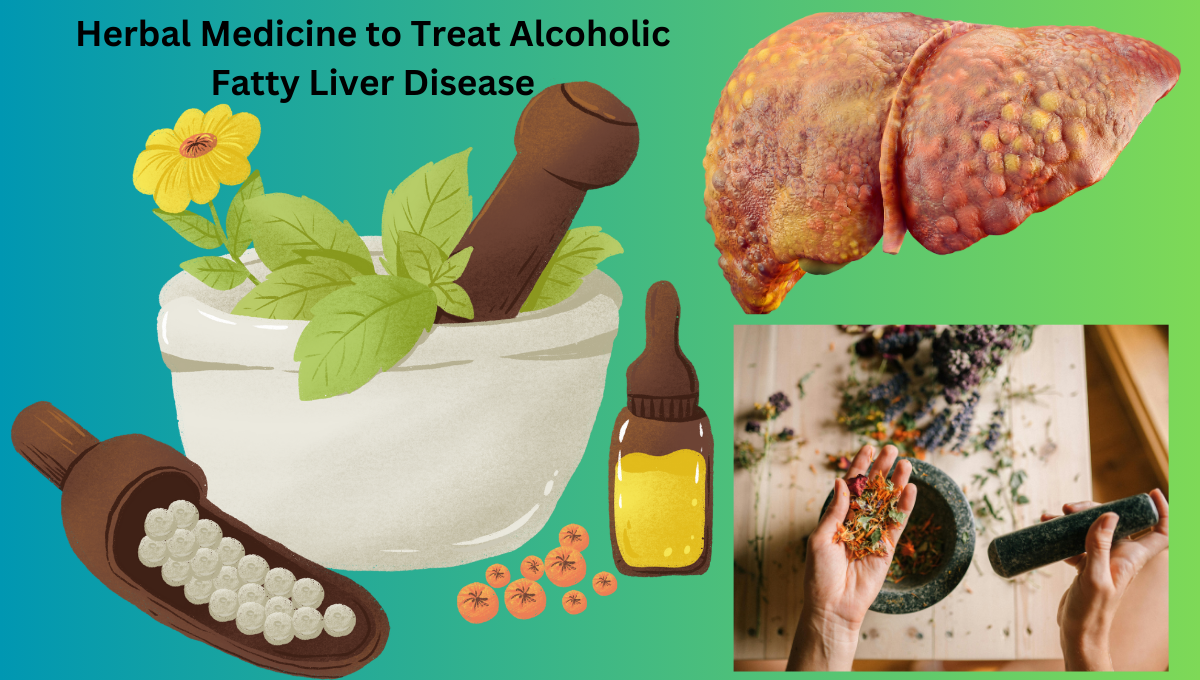Potential Use of Herbal Medicine to Treat Alcoholic Fatty Liver Disease
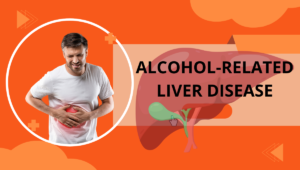
Overview
Millions of individuals worldwide suffer from Alcoholic Fatty Liver Disease (AFLD), a condition brought on by excessive alcohol use. Herbal therapy is gaining attention as a possible therapeutic strategy as traditional treatments concentrate on medicinal procedures and lifestyle modifications. Several herbal treatments that have demonstrated promise in treating and even reversing AFLD are examined in this article.
Knowing About Fatty Liver Disease Caused by Alcohol
AFLD: What is it?
Excessive alcohol use causes the liver to become fat, which results in AFLD. If treatment is not received, this illness can develop into more serious liver diseases such as cirrhosis, fibrosis, and alcoholic hepatitis.
Reasons and Dangers
Excessive Alcohol Intake: Chronic alcohol use damages the liver’s ability to metabolize fat, which is the main cause of AFLD.
Poor Diet: Diets heavy in fat and sugar cause the liver to store fat.
Genetics: Genetic predispositions may make certain people more vulnerable to liver disease.
Diabetes and obesity: These diseases make fat storage and inflammation of the liver worse.
The Benefits of Herbal Medicine
Western herbalism, Ayurveda, and Traditional Chinese Medicine (TCM) are among the traditional medical systems that have utilized herbal medicine for ages. Antioxidants, anti-inflammatory substances, and hepatoprotective qualities found in many herbs may aid in the management of AFLD.
Important Advantages of Herbal Treatment for AFLD
Detoxification: By encouraging the elimination of toxins, a variety of herbs aid in liver detoxification.
Anti-inflammatory Effects: One of the main factors contributing to the advancement of AFLD is liver inflammation, which herbal substances can lessen.
Regulation of Fat Metabolism: Some herbs help the liver break down extra fat.
Antioxidant Protection: One of the main causes of liver damage, oxidative stress, is fought off by herbal antioxidants.
The Greatest Herbal Treatments for AFLD
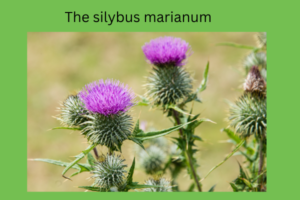 1. The silybum marianum, or milk thistle
1. The silybum marianum, or milk thistle
One of the plants that has been studied the most for liver function is milk thistle. Silymarin, a substance with hepatoprotective properties, is present in it.
Benefits
lessens inflammation in the liver and oxidative stress
aids in the repair of liver cells
improves the cleansing of the liver
How to Apply:
accessible as a tea, tincture, or pill.
Three times a day, 140 mg of silymarin is the recommended dosage.
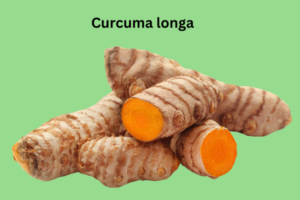 2. Curcuma longa, or turmeric
2. Curcuma longa, or turmeric
Turmeric’s major ingredient, curcumin, has antioxidant and anti-inflammatory qualities that may help shield the liver.
Benefits
decreases the buildup of liver fat
reduces indicators of inflammation
aids in the generation of bile for digesting
How to Apply:
Consume 500–1000 mg of curcumin pills per day.
Add turmeric powder to tea or food.
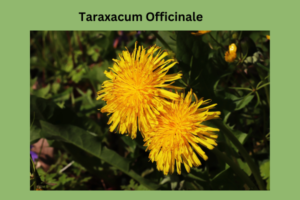 3. The root of dandelion (Taraxacum officinale)
3. The root of dandelion (Taraxacum officinale)
Dandelion root has long been used to produce bile and detoxify the liver.
Benefits
aids in detoxification and liver function
increases the metabolism of fat
uses a diuretic to flush out pollutants.
How to Apply:
Drink one to two glasses of dandelion tea every day.
Consume capsules or extract from dandelion roots.
 4. Camellia sinensis, or green tea
4. Camellia sinensis, or green tea
Catechins, potent antioxidants that promote liver function, are abundant in green tea.
Benefits
lowers the amount of liver fat
enhances the activity of liver enzymes
defends against oxidative damage
How to Apply:
Have two to three glasses of green tea every day.
Consume supplements containing green tea extract.
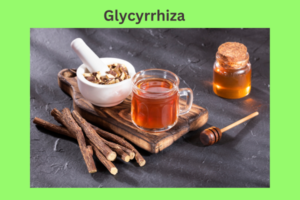 5. Glycyrrhiza glabra, or licorice root
5. Glycyrrhiza glabra, or licorice root
The potential of licorice root to lessen liver inflammation and enhance liver function has been investigated.
Benefits
reduces the amount of liver enzymes
has anti-inflammatory properties
encourages the cleansing of the liver
How to Apply:
Consume licorice root extract (dosage recommendations vary).
Sip one cup of licorice tea every day.
6. Schisandra (Chinesis Schisandra)
An adaptogenic plant with liver-protective properties is schisandra.
Benefits
improves the enzymes involved in liver detoxification
defends against oxidative damage
enhances liver function in general.
How to Apply:
Consume capsules or schisandra berry extract.
Make one cup of schisandra tea every day.
Scientific Proof in Favor of Herbal Treatment for AFLD

Research Findings and Clinical Studies
Herbal therapy has been shown in numerous studies to be useful in treating liver illnesses, including AFLD:
It has been demonstrated that silymarin and milk thistle lower liver inflammation and raise liver enzyme levels.
Curcumin has been shown to enhance liver health indicators and reduce hepatic fat buildup.
Green tea catechins have been associated with better liver function and decreased liver fat levels.
How to Include Herbal Remedies in Your Daily Routine
1. Speak with a Medical Professional
It is crucial to speak with a healthcare provider before beginning any herbal treatment, particularly if you are on prescription.
2. Make Use of Premium Herbal Products
Make sure the herbs you select are standardized for potency, organic, and devoid of toxins.
3. Add to a healthy way of living


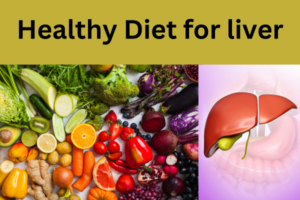
Herbs are most effective when used in conjunction with lifestyle modifications like:
Cutting back on alcohol consumption
Consuming a diet high in fruits, vegetables, and lean meats that is good for the liver
Regularly working out
Maintaining Hydration
Possible Hazards and Adverse Reactions
Although herbal therapy is typically harmless, some herbs have the potential to interact with medicines or create negative effects. For instance:
Some people may have elevated blood pressure due to licorice root.
Mild digestive problems could be brought on by milk thistle.
Blood thinners may interact with turmeric.
In conclusion
A possible natural treatment for alcoholic fatty liver disease is herbal therapy. People with AFLD can promote liver health and possibly restore liver damage with the correct combination of herbs, lifestyle modifications, and medical advice. Herbal medicine’s significance in liver care is becoming more widely acknowledged as science advances, giving patients looking for alternative treatment choices hope.

